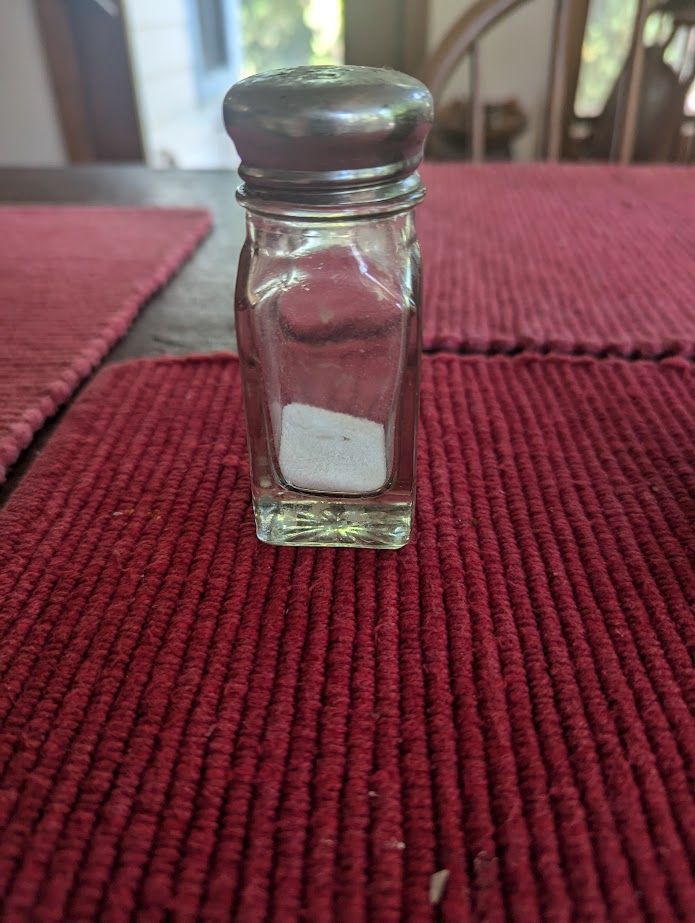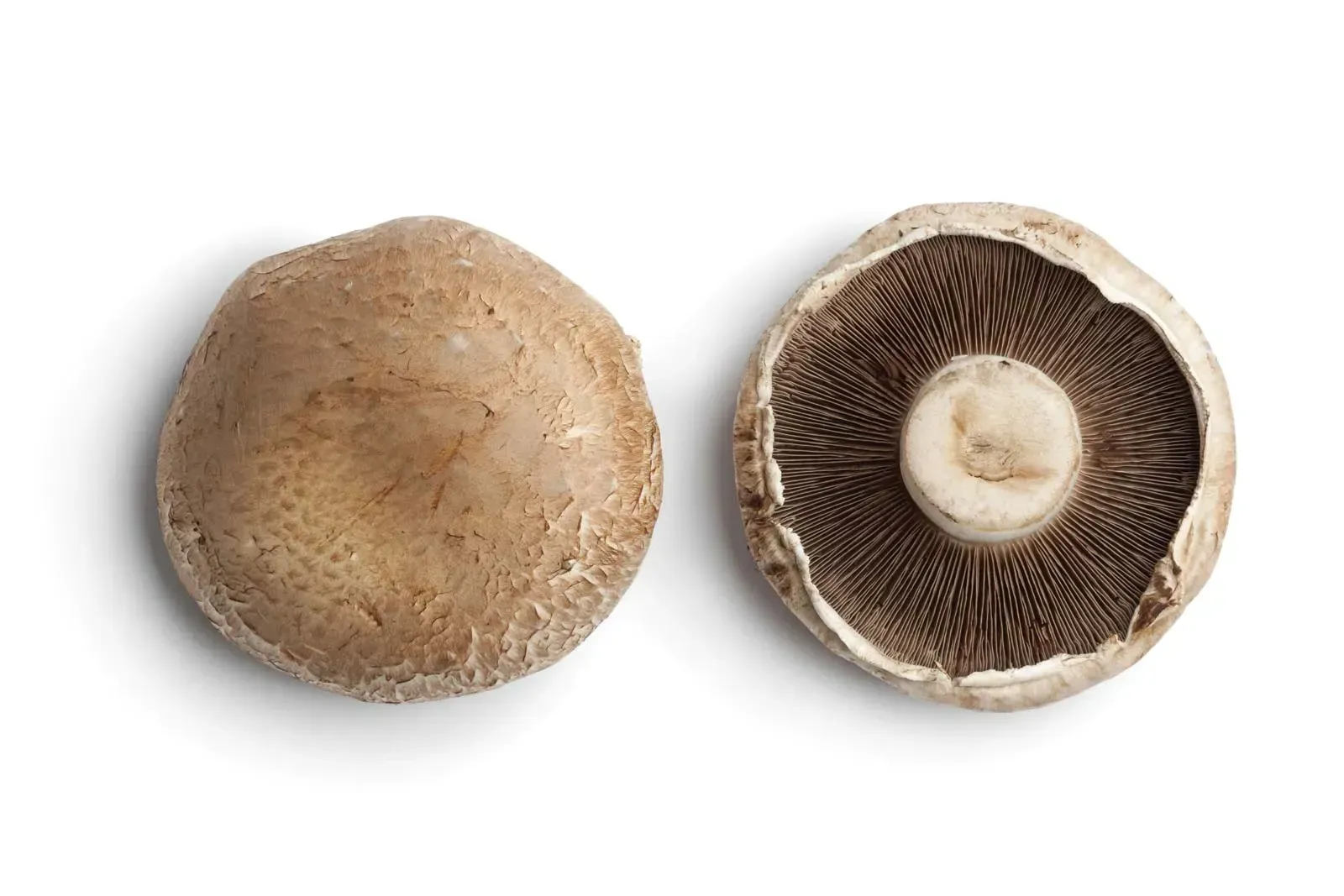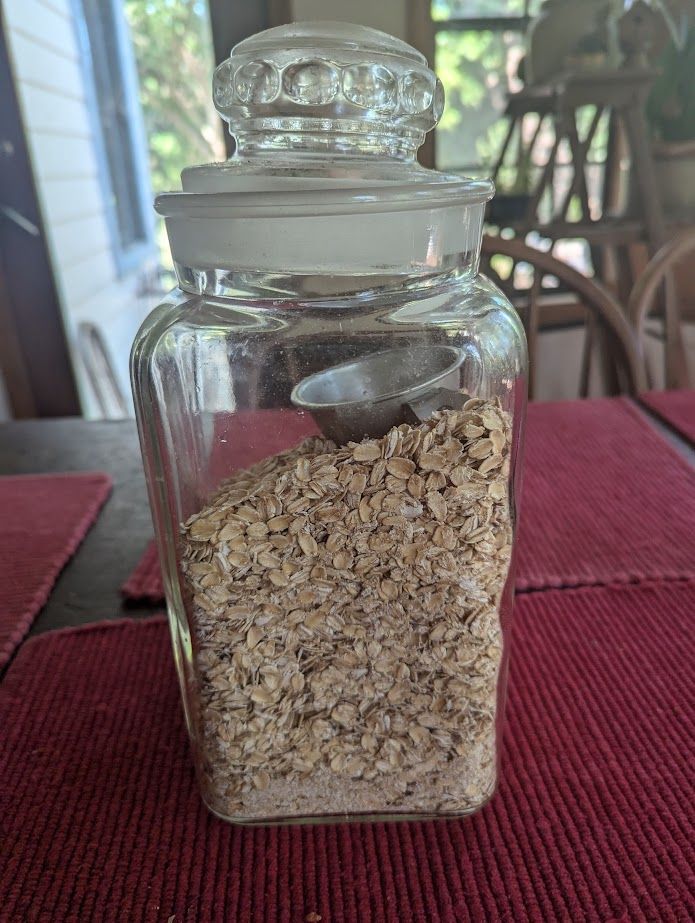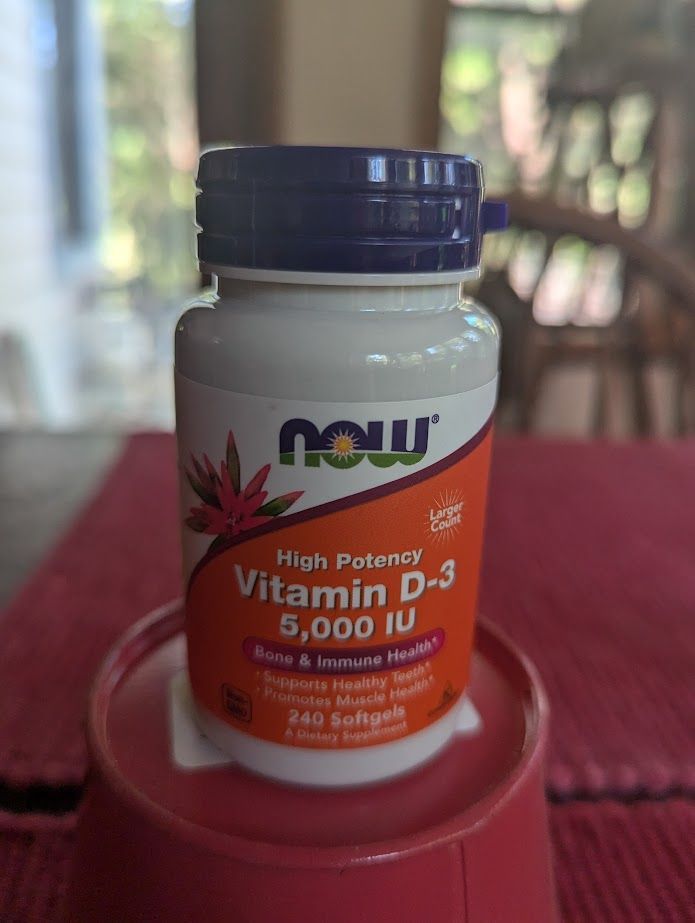
Hope Wellness Institute
9801 Fair Oaks Blvd. Suite 200
Fair Oaks, CA 95628
Brain Chemistry Fundamentals
Maintain brain function

Water - The brain is roughly 77% water. Changing that significantly has almost immediate impacts on brain function and personal performance.

Salts -
- Sodium
- Potassium
- Calcium
- Magnesium
salts are particularly needed by the body and brain for proper functioning. The ratio's of these is also important – eating a bag of chips generally over does the sodium and leaves out the potassium and magnesium. Blood tests are probably the best way to measure levels of sodium, potassium and magnesium.
Build Neural Pathways
Water 77-78 %

Water - Makes up a significant majority of the chemical content in our brains. Staying hydrated makes a significant impact on our cognitive performance. When I notice a kid loosing focus or performance, my first step is to give them water – regular water.
Staying hydrated both day and night is important. Our brain is very active during sleep. Good hydration probably improves sleep quality more than having to get up and pee hurts it (Bill's opinion – I haven't seen any studies. Please forward if you have)
- Water
- Water with electrolytes
Lipids (Fats) 10-12 %

Lipids – Or good fats are the next major part of brain chemistry. They are essential to the structure and functioning of the brain. “White matter” has a very high lipid content which is important for the speed of transmission of nerve messages within the brain and to & from the body. Good quality olive oil and salmon are good sources. Omega 3 supplements esp. those sourced from the ocean are good.
- Olive Oil
- Avacado
- Salmon
Protein (amino acids) 8 %


Protein – is the third major component of brains. Getting a diet with adequate protein and esp the proteins that contain the 9 essential amino acids our bodies can't produce is important.
Getting the proteins from plant based sources is just as effective as getting them from animal sources. Mixing or only using plant based sources is just fine.
For anyone eating vegetarian or vegan, working with a good nutritionist and minitoring blood nutrient levels is important but these can all of us.
- Meat
- Tofu
- Mushrooms
- Legumes
- Whole grains
Carbohydrates 1 %

Carbohydrates – while not being a significant part of the structure of the brain can be very significant in it's functioning as they are often the source for the energy the brain uses. The brain uses about 20 – 25% of the total energy used in the the body In most diet's carbs are an important source for this energy. Complex carbs from whole food sources – eat the whole fruit, vegetable or grain rather than juice, or refined flour generally provides a more sustained energy profile for the brain.
Organic molicules 2 %

Organics – are generally chemicals the body has built to support specific brain function needs. Vitamin D is a good example. Our skin produces vitamin D when exposed to sun without sunscreen. Most of us don't get a lot of sun exposure without sunscreen so getting vitamin D from our diet and a supplement is important. A blood test is the best way to evaluate for vitamin D levels.
Salts 1 %

Salts - Sodium, potassium and magnesium salts are particularly needed by the body and brain for proper functioning. The ratio's of these is also important – eating a bag of chips generally over does the sodium and leaves out the potassium and magnesium. Blood tests are probably the best way to measure levels of sodium, potassium and magnesium.
Many medications and supplements affect brain chemistry..

